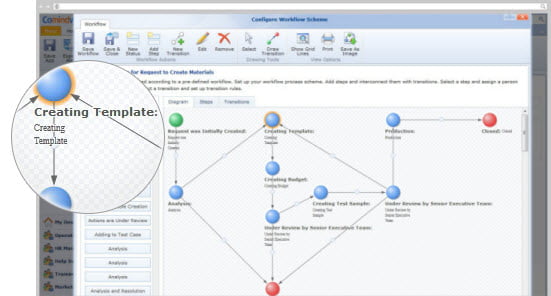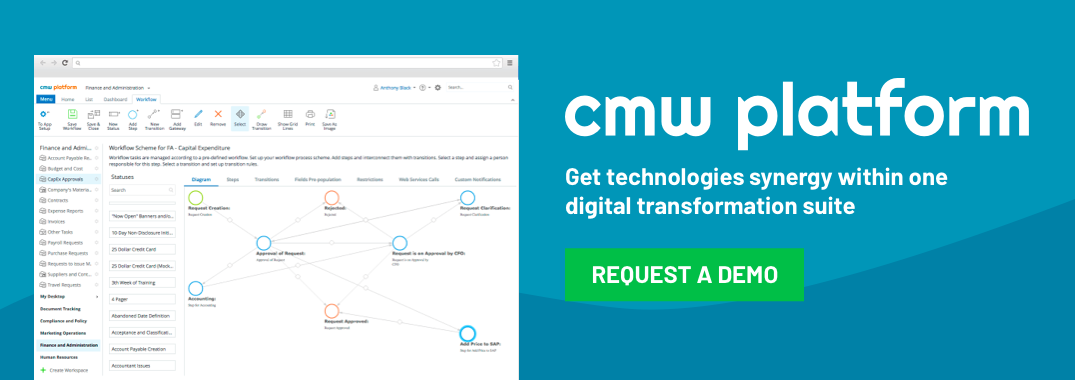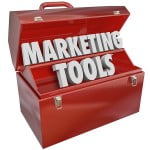Marketing Automation for Small Business: There’s More than One Way to Skin a Cat
April 15, 2025
Marketing fuels the success of any business. Even if you do offer the best product or service in the entire planet, without marketing, the likelihood of your business failing before taking off is greater. Marketing isn’t necessarily an easy endeavor. It’s not a one-time event, either, but an ongoing and dynamic process that grows and evolves as the market evolves. Even big and established brands like Coca-Cola, McDonalds, Starbucks and Nike continually engage in marketing activities to maintain the edge they’ve built through the years in their respective markets.
With the plethora of activities associated with marketing a brand – public relations campaigns, broadcast and print advertising, website updates, collateral preparation, among others – it’s no wonder we so oftentimes hear the term “marketing automation.” Pretty much everything else is already being automated nowadays, so why not automate repetitive marketing activities, too, right?

Table of Contents
First, what exactly is a marketing automation system?
To quote a Salesforce article:Marketing automation is a set of tools designed to streamline and simplify some of the most time-consuming responsibilities of the modern marketing and sales roles. From automating the lead qualification process to creating a hub for digital campaign creation, automation is all about simplifying a business world that is growing far too complex, much too quickly.
Marketing automation allows businesses to:
- Align their sales and marketing goals
- Have a better insight into which processes work and which don’t
- Increase efficiency and reduce operating costs
- Improve lead quality
- Increase market reach
- Solidify client relationships
But what about marketing automation for small business owners who don’t necessarily have big marketing budgets?
Marketing automation system – how does it work?
A marketing automation system isn’t just for large enterprises. According to Marketo, the small and mid-sized business (SMB) sector is currently the largest growing sector in the marketing automation software space, and that all industries, whether business-to-business (B2B) or business-to-consumer (B2C), are benefitting from it.
Marketing automation tools are typically selected based on the following criteria:
- Cost of the software
- Size of the initial database
- Sophistication of a company’s marketing programs
- Software support and management
Because small businesses, particularly startups, are more likely to be cash-strapped than their bigger counterparts, marketing automation for small business is becoming a marketing automation niche all its own. Certain vendors provide tools solely for small business marketing automation. And then, there are those that cater to just about any type of business, offering less costly packages, even free, with lesser features for marketing campaigns that are less sophisticated.
Comindware Tracker and small business marketing automation
Marketing automation doesn’t always mean purchasing an entirely separate software for your marketing automation needs. For users of Comindware Tracker, aside from hiring, invoicing and issue tracking, marketing automation for small business – even for large ones, too – is a pre-built feature you can deploy any time. That means less technology-related costs and no software learning curve to worry about, among others.
With Comindware Tracker’s marketing automation workflow feature, you can:
- Use pre-built marketing workflow processes
- Organize marketing delivery based on changing priorities
- Keep your marketing expenses to a minimum
- Create and schedule website content more seamlessly
- Create your own unique marketing workflows
- Easily tweak pre-built marketing automation templates to suit your needs
Conclusion
There’s more than one way to skin a cat. Depending on what your marketing campaigns need, there’s a marketing automation solution that’s right for your budget. Remember though that a separate software purchase may not always be the solution, particularly if you already have an adaptive all-in-one system that you can customize at will, if and when the built-in packages aren’t enough to address your specific automated workflow requirements.




